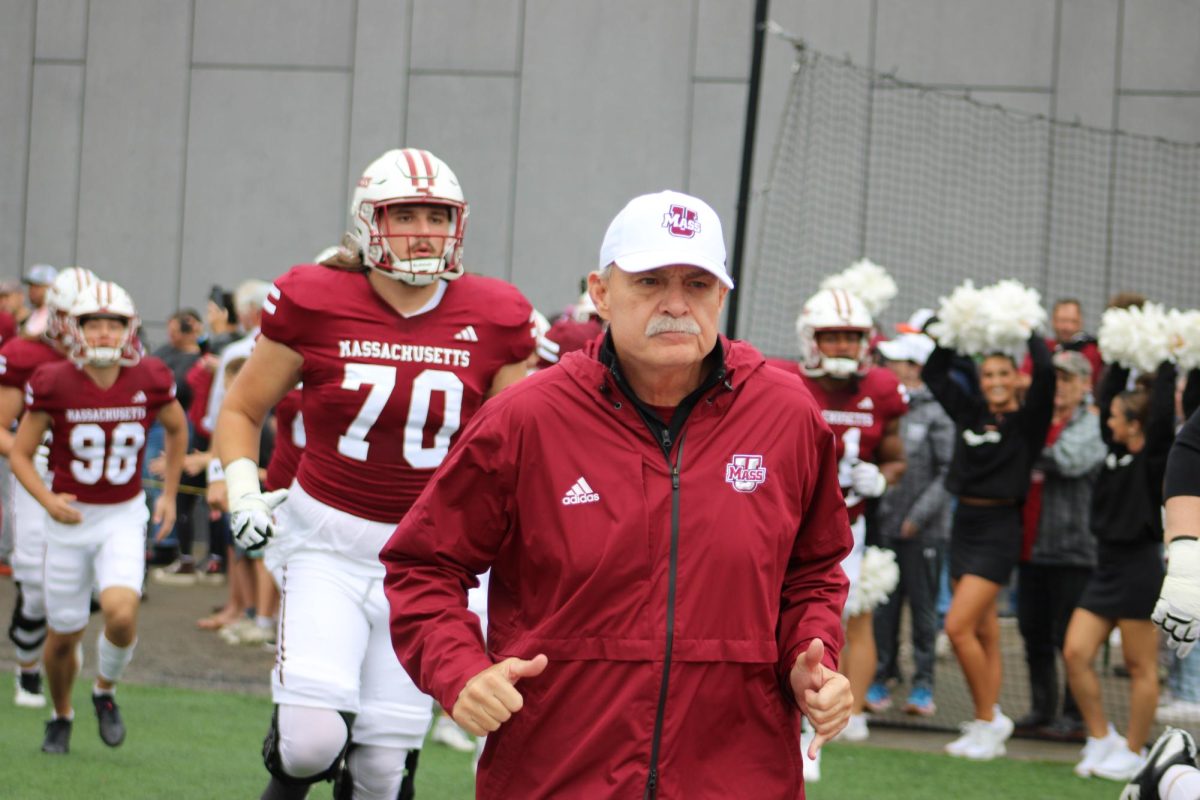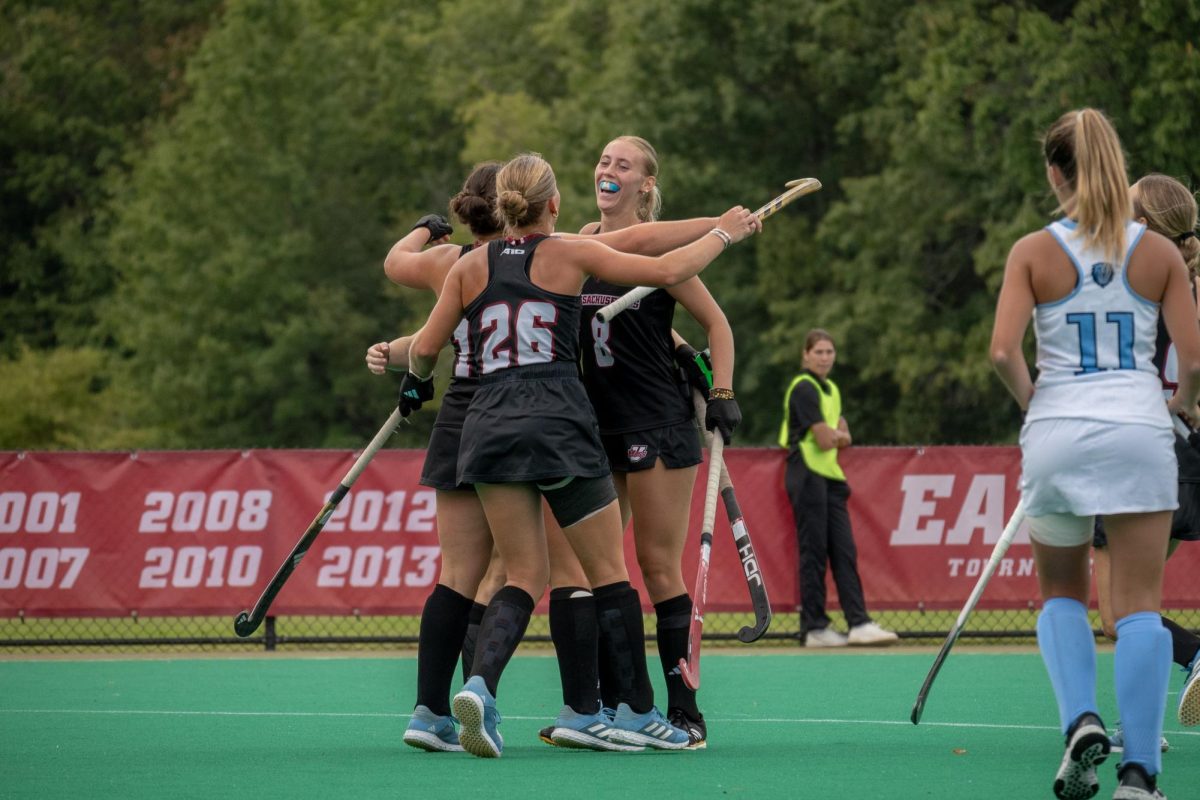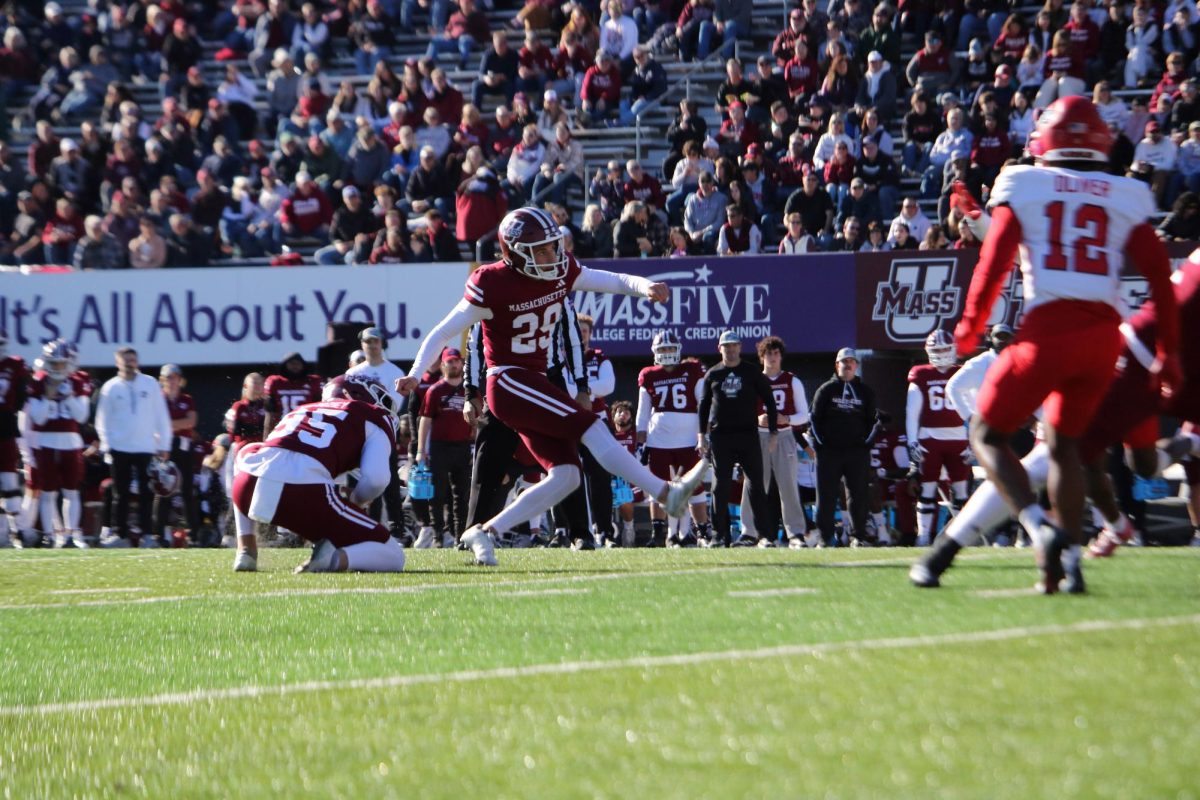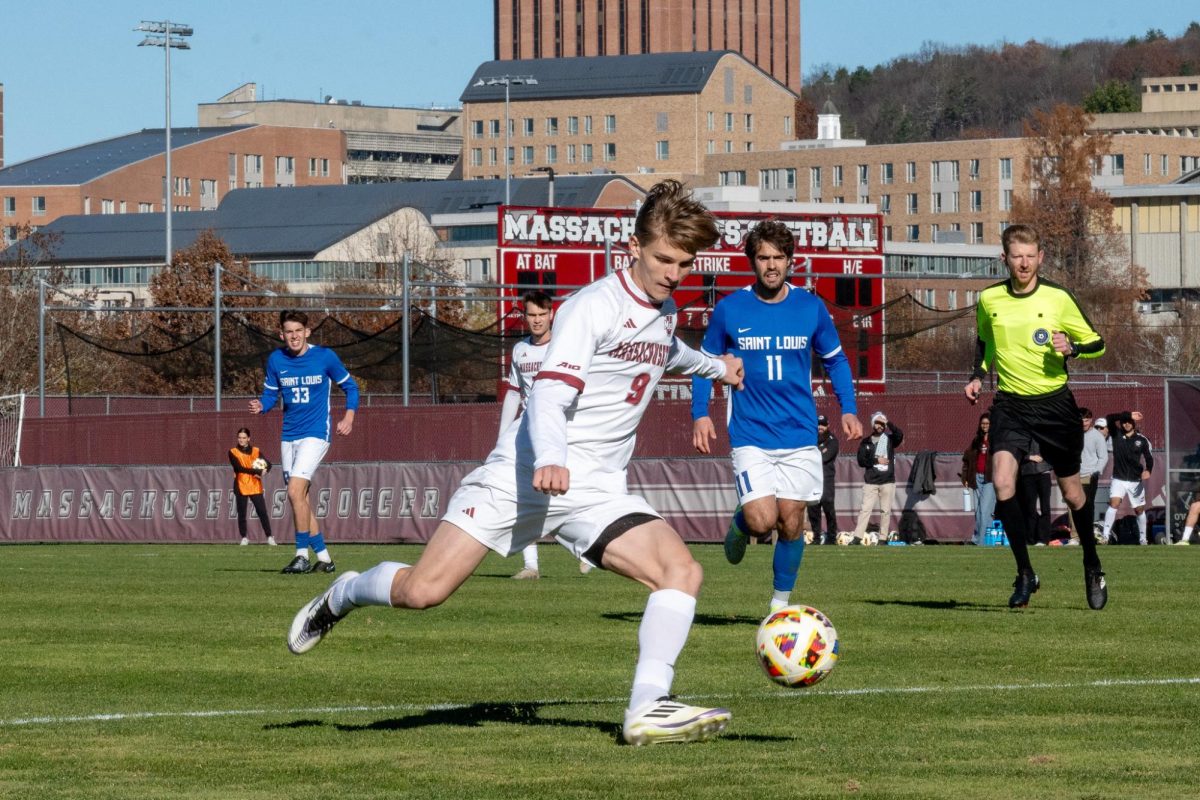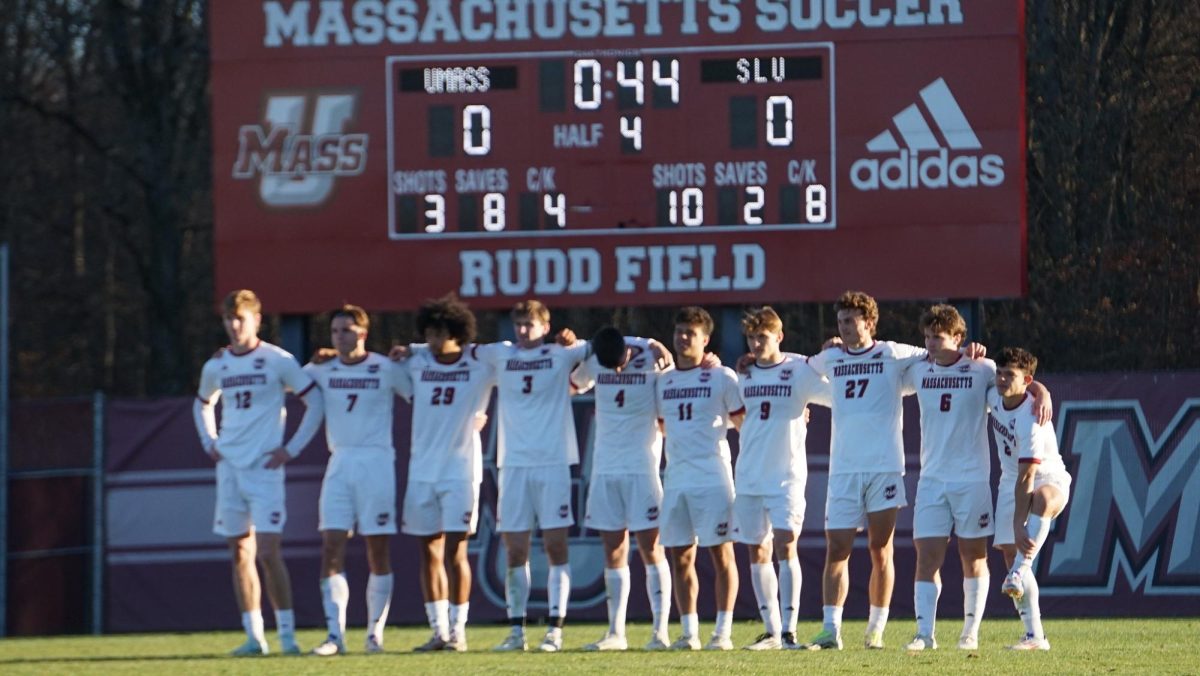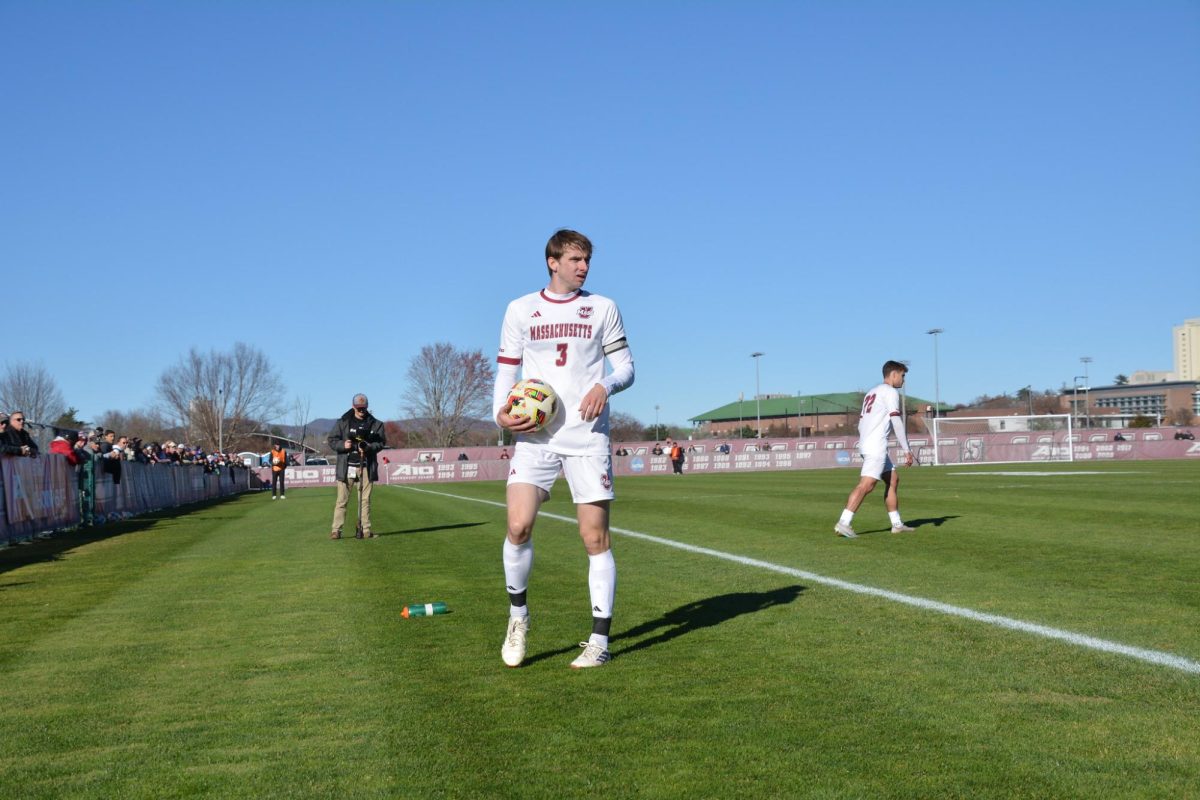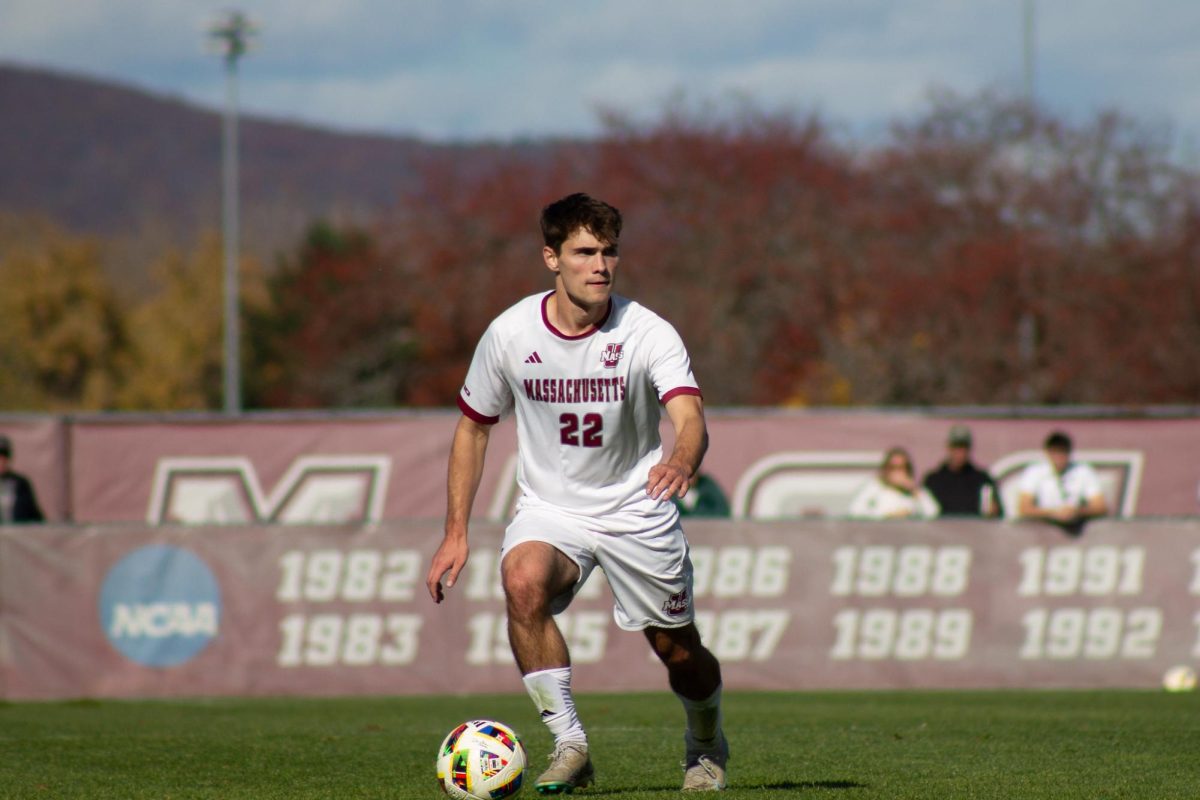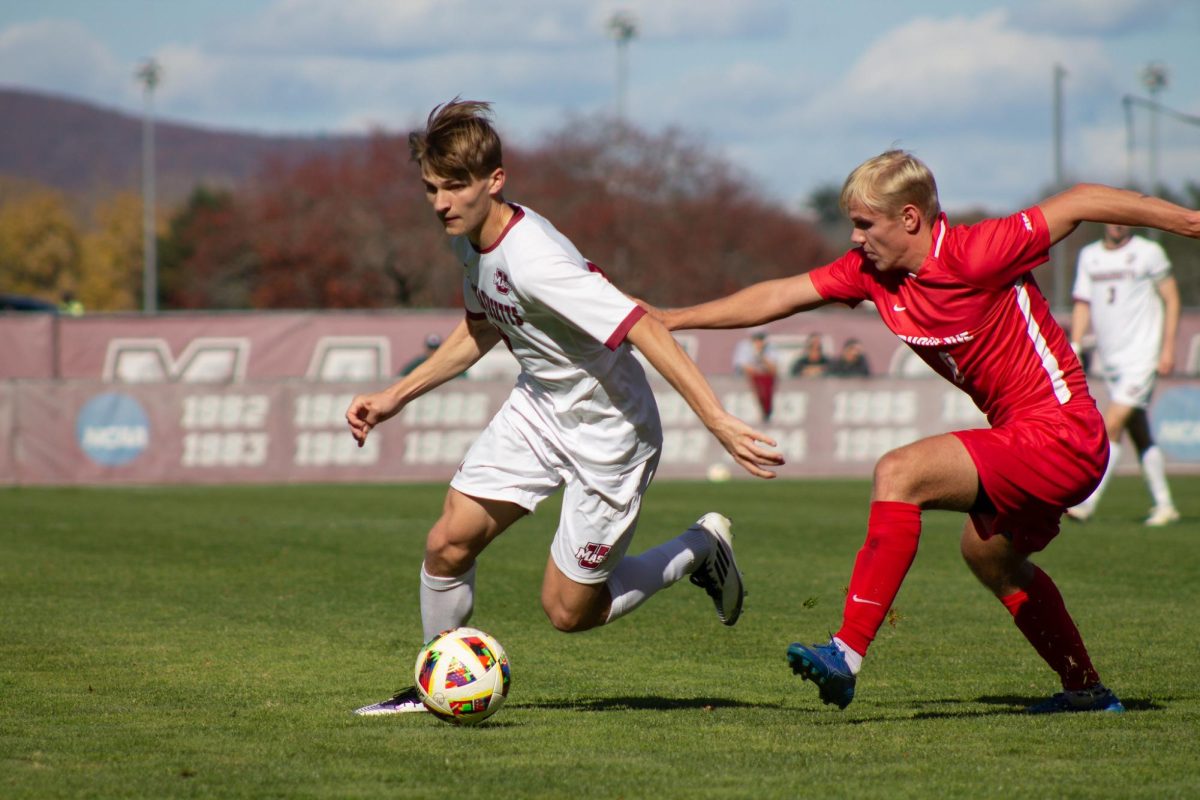
“The truth is that nothing is ever given to you, you have to work at it.” – Matt Keys
Only two percent of all collegiate soccer players play professionally. That means that the other 98 percent – over 20,000 playing college soccer – must seek alternate careers. This infinitesimal percentage, however, is no deterrent for the thousands of athletes who try to become part of that two percent every year.
As a culture, though, we rarely hear about those stories, as the Messi’s, Manning’s (at least Peyton), and Michael Jordan’s of the world take center stage. But what is important to realize is that the journey those “other” athletes take have just as much value as the ones who do make it. The path to becoming a professional athlete requires not just skill, but incredible levels of determination and focus, which speaks volumes to these athletes as people. And who knows, sometimes things just work out the right way and a player from, say, Norfolk, Massachusetts, makes it to the pros.
When Matt Keys, The Massachusetts men’s soccer team’s central defender, was taken off the field for the last time in his final collegiate game, he was met with a standing ovation. However, this appreciative sentiment simply didn’t qualify as closure. The idea of parting with the game forever went against everything for which he had worked for. So for this reason, he decided to pursue his dream to play professionally – a dream that started thousands of miles away and many years ago.
The beginning
Inside a house in Melbourne, Australia, a family sorts its belongings before making a move back to the United States. In another part of the same house, a young boy stands in a long open hallway. He is, by all accounts, a little bit bigger and taller than most other boys his age, but he feels just like everyone else. Right beside his feet is a small soccer ball that he dribbles, dribbles and then kicks, but the ball went a bit too far – knocking over an action figure and spilling the red and yellow crayons out of a box that was propped up along his shoes. No matter. He runs through the hallway, evading imaginary defenders, and gets the ball to repeat this process again, and again and again.
A few years later in Norfolk, the geometric dimensions of the boy’s hallway changed into a weedy and patchy soccer pitch. It is here that Keys, the boy from Australia, gets his first lick at organized soccer. On the sound of the first whistle, he charges forward, intercepts the ball, crashes through a web of opposing defenders and fires a shot past a helpless keeper who is too busy blowing the seeds off of a dandelion to notice that his team just went down 1-0. The Lions (Keys’ team) finish the game winning “a bajillion” to nothing. Following this absolute steamrolling, Keys realizes that he likes soccer. A lot.
“Finding something that I was good at was great, but I think that just being able to play with my friends was what made me love it at first. Playing for that rec team was the first time I felt like soccer was my sport,” Keys said.
The same boy from Norfolk continued to develop over the years and solidified himself as a premier central defender.
In high school, Keys was a three-time varsity letter winner and in his senior year, he was voted as an All American – the only player in King Phillip Regional history to have won that honor. Following his standout high school campaign, he went on to play for the Revolution Academy to prepare for the college level.
“Playing in Gillette was awesome,” Keys said. “Being around so many good players that were all planning on playing at the next level gave me a lot of confidence. When I got to UMass in the fall, I knew that I could compete with the other guys because the academy had given me that competitive experience.”
After a season at the Revolution academy he arrived at UMass, where he quickly won a starting role. From that point on, the 6-foot-4 central defender and captain started all but one game in his UMass career. Along the way he has notched nine goals, four assists and led his team to 11 shutouts in his career, but his impact can’t be captured with numbers alone.
Indeed, most games were played in the UMass half of the field as the Minutemen struggled mightily to hold
possession and attack with precision. This meant that the most active players for UMass were the defenders – with Keys at the heart. While his size sticks out the most upon first look, a closer inspection of his play tells you that he offers much more to a backline than muscle.
Scouting Report
As demonstrated in the video above, Keys possesses a wide range of abilities that made him a dominant player. His primary position is central defender, but he also saw time as a target forward.
On tape and on the field, his most notable attributes are his size, strength and speed. Whether he is out-muscling an attacker, or running past a winger, his physical tools set him apart from other defensive players. Another important quality necessary for a central defender is to be strong in the air, an area where Keys excels. He consistently won aerial duels when paired against big, tall, physical forwards, and took advantage of set pieces, making him a handful for defenses to contend with. However, the physical component is just a part of his game, as he’s shown a deep tactical understanding of the position as a defender.
He’s shown comfort playing in a back three or four and possesses the tactical understanding to read the game and cut out passes before they hit the mark. Because UMass often played with attacking fullbacks, Keys had to regularly fill those pockets of space left on the flanks, meaning he had to cover much more ground than the average center back.
Another part of his tactical repertoire is passing ability and skill on the ball. As a passer, Keys was never one to give the ball away cheaply, and consistently kept it moving on the ground with pace and accuracy – a critical quality for all central defenders to have. What also comes with being a talented passer is a certain skill on the ball. Keys received the ball in a number of questionable positions, but routinely got the ball out of dangerous areas with just one or two touches. In addition to having a rich skill-set, Keys brings leadership to the field.
As the team captain, Keys was a vocal leader and helped bring along his younger teammates. Josh Jess, a freshmen center back at UMass, praised Keys earlier in the year.
“Playing alongside someone like Matt Keys has been hugely beneficial,” Jess said. “He’s a leader, and whenever you are doing something wrong he’ll take you under his wing and help you sort out those mistakes. I think everyone on the team would agree that playing against him in practice really makes us better players.”
UMass interim head coach Devin O’Neill has over 20 years of experience coaching at the collegiate level and was quick to praise his senior standout.
“He just gives us so much on the field both offensively and obviously defensively, but I love how he works so hard in practice and in the offseason,” O’Neill said. “He really has been a leader in the classroom and on the field since the day he arrived and it’s sad thing to see him go.”
While there were certainly moments of individual brilliance, his team struggled mightily over his four-year career, which in effect, severely limited the opportunities he had to display his talents at the national level.
Reflection of struggles at UMass
Coming off of a (3-14-1) season and failing to reach the playoffs in his senior year, national coverage was never in high demand.
“Our team never really made it far in the postseason so yes, under-performing definitely affects the way you are perceived by scouts and coaches. Had we won more games, or made it a round or two further, then we would have had more of an opportunity to express ourselves and show that we can compete with the best players in the country,” Keys said.
For UMass, those extra opportunities to impress were indeed sparse, but were understandable considering the adversity the program faced. From the time Keys arrived as a freshman to the time he was a senior, a number of players either quit, were injured or left the team due to personal reasons.

Keys reflected on the high turnover saying, “When I came in, the incoming class and team as a whole looked really strong, but when I graduated I was only one of two seniors left still playing. Over these four years, there were around 30-plus players who left the team for some reason or other, so it was really difficult to build when you lose people the way we did.”
To make matters worse, UMass’s head coach of 23 years, Sam Koch, died of sinus cancer before the start of Keys’ senior season.
Keys remembered the man who had recruited him in an interview with the Massachusetts Daily Collegian back in September.
“He was definitely the type of guy I could walk in his office and tell him I had 30 minutes to talk and we’d be in there for an hour. He was just the type of guy you could have enormous conversations with and he could tell stories. He was definitely more than just a coach, he was more of a friend and a father.”
With the death of a friend weighing heavy on Keys’ mind, a new coach staff, and a team of 27 made up of 19 underclassmen, it is no wonder why the team struggled the way it did.
Nevertheless, Keys tried to focus on finding a silver lining.
“We had our ups and downs but it was a great experience because of the friends I made along the way,” he said. “I also think that by playing in a team where I had a lot of responsibility gave me great experience, as I had more of a free role, something I might not have gotten anywhere else.”
Looking ahead to the future
Despite a tough season, Keys was selected to the Atlantic Ten All-Conference First Team and is currently doing all he can to prepare himself for the upcoming MLS SuperDraft.
“Hopefully I can get invited (to the MLS Combine). My goal before the Combine is to get in the best shape of my life. To do that, I’m currently lifting three times a week and doing interval-sprint training five times a week with my assistant coach David Lindholm,” Keys said.
The MLS Combine is a four-day showcase in which 55 invited players perform in front of MLS team personnel. Those 55 players are then split up into four teams and compete with the hopes that a scout or general manager will select them in the MLS SuperDraft.
Keys was not one of 55 players selected, but could still work out individually with professional teams and is still eligible for the draft.
Whether Matt Keys will be playing professionally in the coming year is unclear. But what is clear, however, is that the lessons he has learned over the years, and the lessons he is learning now, transcend a profession in athletics.
He said, “Hard work has been the main thing. I think that in the four years I have been at UMass I have only had around 60 days off when I didn’t have something for soccer – minus the one practice I missed when I was sick. So I think that taking that mentality to whatever I end up doing will only help me in the long run.”
In the coming months, the Norfolk native’s life is surely going to change. But even if it doesn’t work out right away, a lack of success won’t change the reality, which is this: Since the day Matt Keys’ hallway turned into a patchy field, soccer has been a way for him to find meaning in the world and will continue to be forever – something all players and fans of the beautiful game can understand.
Nicholas Casale can be reached at [email protected].




